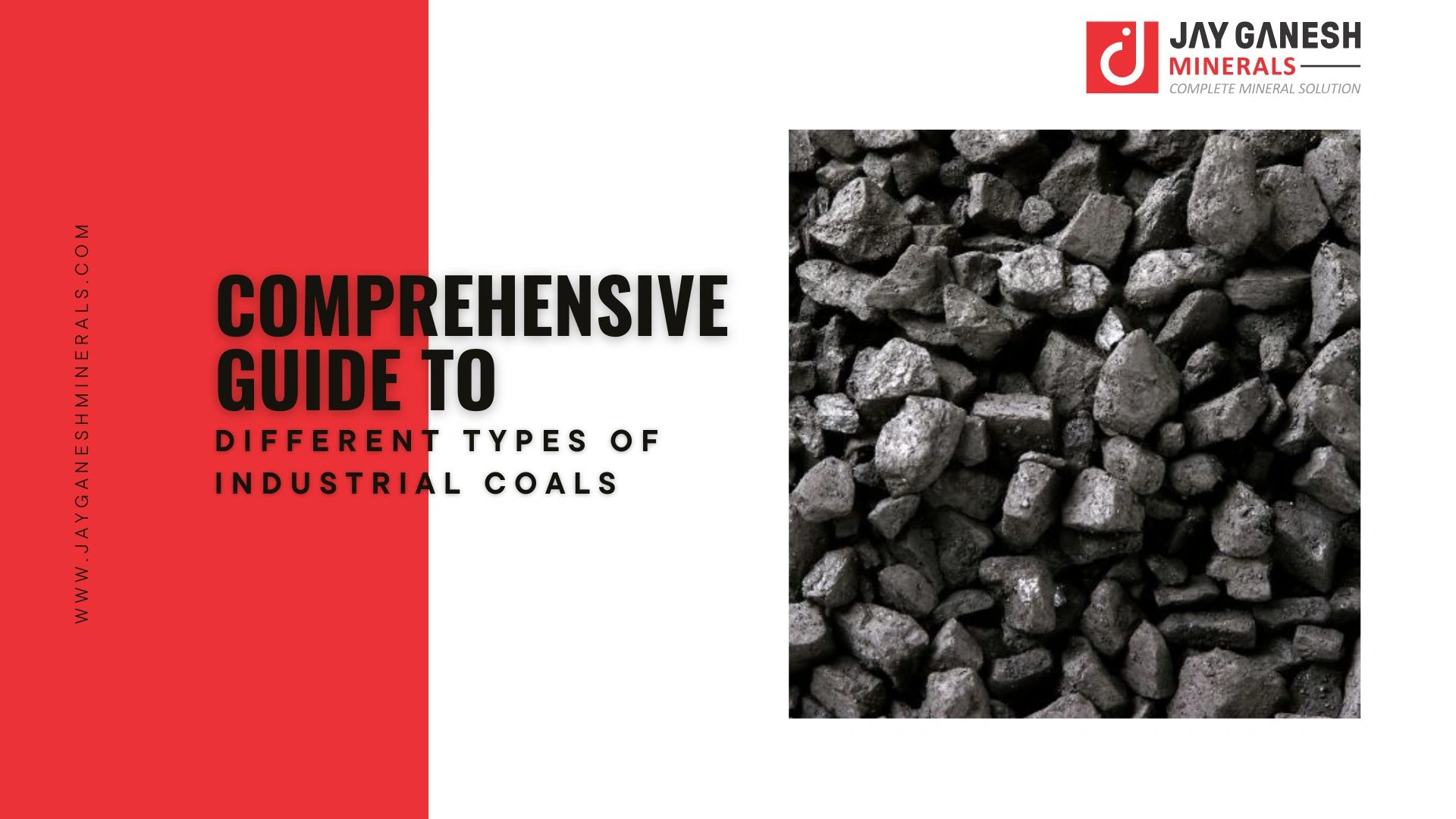
HS Code for Industrial Mineral & Clay: Export - Import Guide
04 February, 2026
05 February, 2025
Industrial coal is one that is used in industrial processes for energy purposes such as generation of electricity, heating or as a material in other industrial processes. It is a carbon rich mineral formed through heat and pressure of millions of years from decomposing vegetable matter.
Anthracite is the best grade of coal, thus possessing higher carbon content than the other types and a higher energy density. This hard, glossy coal has a high degree of cleanliness and rarely emits smoke; therefore it is suited for specified industrial and domestic uses.
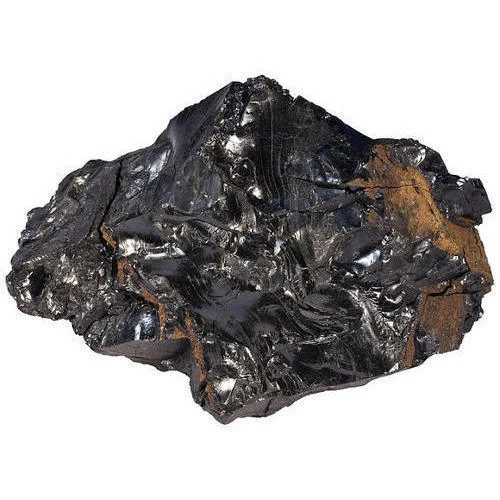
Characteristics: Anthracite is the highest rank of coal, contains 80-95% carbon, has low water content and inferior amounts of minerals. In its natural state, it appears hard, somewhat glossy and when ignited it burns to give a clean flame without smoke.
Applications:
Anthracite coal is a high grade, hard, compact mineral used widely for household heating and industrial purposes due to its high heat content. This is mainly applied in power production and metallurgical sectors.
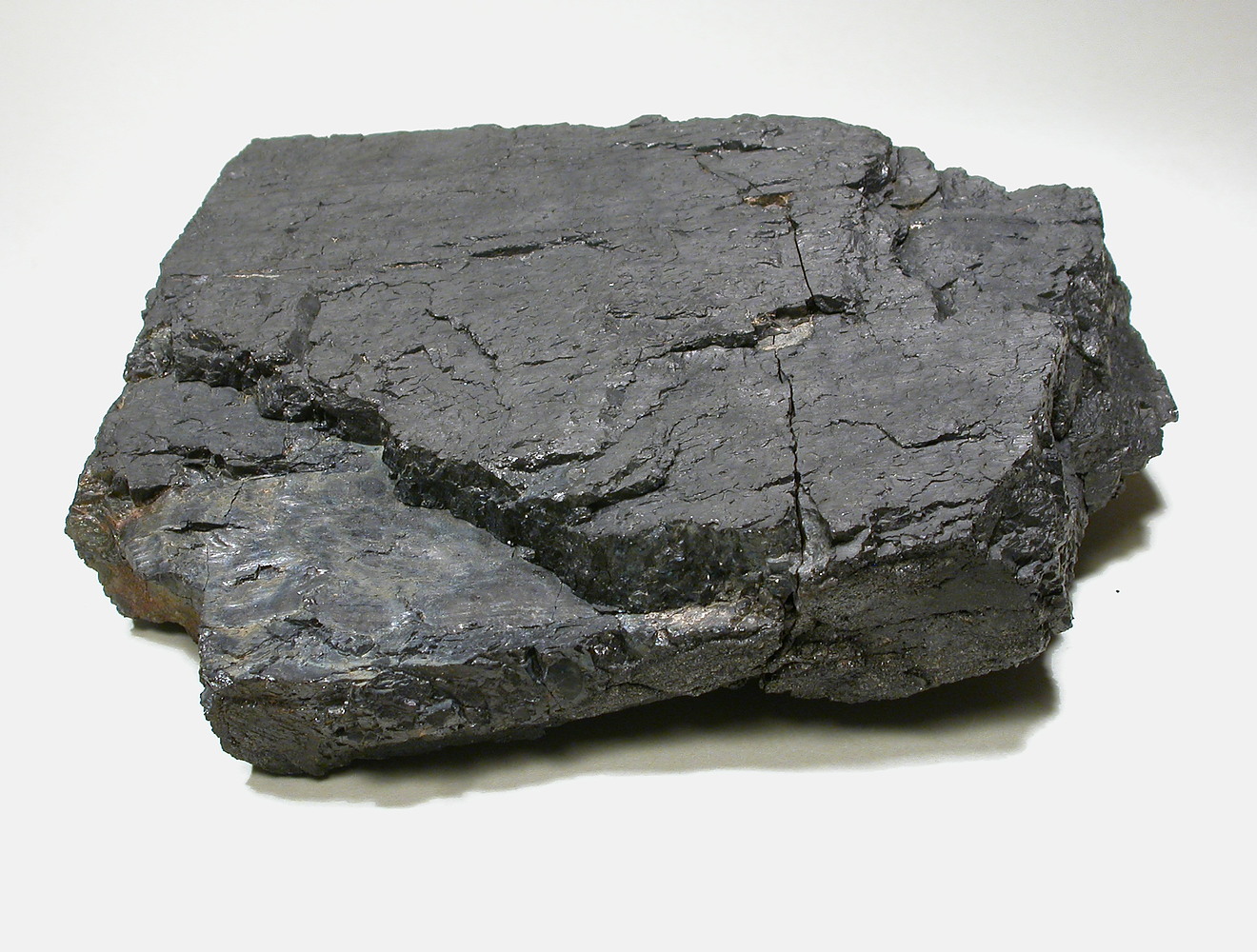
Characteristics: Bituminous coal is a middle-heat coals that has a fixed carbon of between 60/80 percent. It has more energy per gram than lower grades and hence suitable for the production of electricity. It is available in two subtypes: heating and metallurgical (used in the process of making steel).
Applications:
Sub-bituminous coal is less in energy intensity while still being relatively mild on the environment. Due to its relative resistance to sulfur content it is valuable for cleaner energy generation.
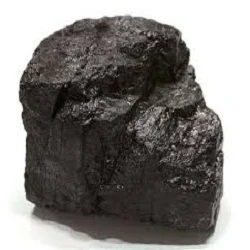
Characteristics: Sub-bituminous coal is a low rank coal which has a carbon content in the range of 35%- 45%. It has lower heat intensity but preferred due to low sulphur which minimizes the release of this damaging product.
Applications:
Lignite coal, frequently called brown coal, is the lowest rank of coal that is used for those purposes with a high level of moisture and ash content. but it is cheap for regional industries hence making it a less energy efficient electricity.
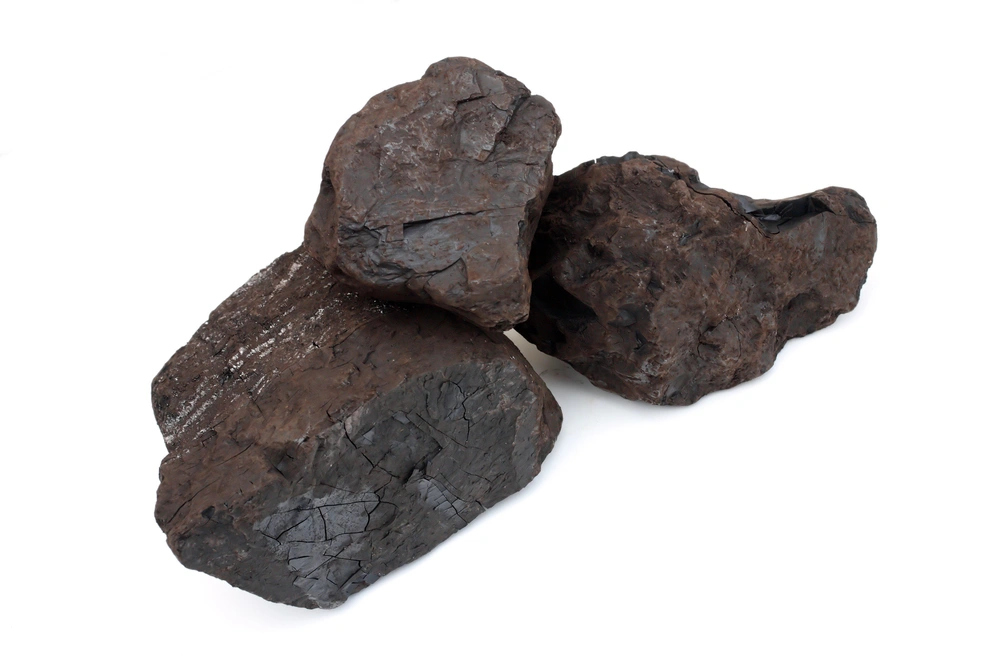
Characteristics: Lignite is also referred to as brown coal and has a carbon content of between 25 – 35%. It contains moisture and ash in large quantities hence has low heat value but it is cheap for particular applications.
Peat is therefore a coal, though in the early stages of the formation process of this useful fossil fuel. Although not so energy intensive as other types, it finds limited use in agriculture and specific energy related uses.
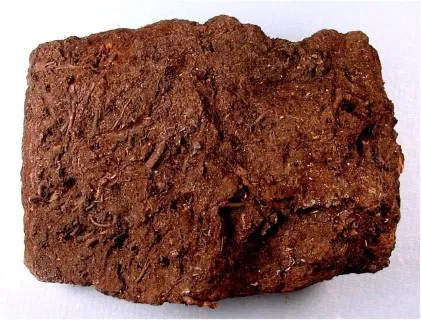
Characteristics: Although not a coal, peat is a coal type since it represents a stage in the formation of coal. But it is highly organic matter, contains a good amount of moisture and has low calorific value.
Applications:
Indonesia Coal is the fourth largest hard coal producer and exporter and contributes sub-bituminous and bituminous coals. Coal production is facilitated by large resources and export positioning of the country to key Asian markets inclusive of China, India and South Korea.
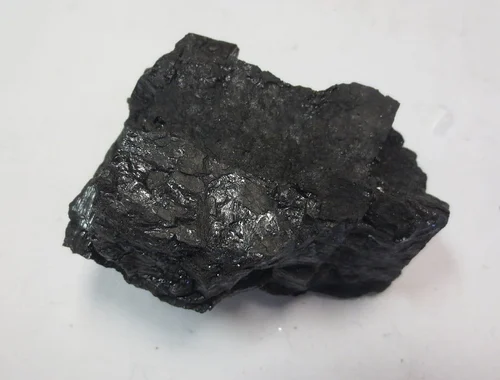
Characteristics: Often, available on a per weight basis and falls between 4,000 and 6,000 calories per kilogram, can be used for producing electric power. Environmentally friendly with least polluting. With thermal coal, which is used in electricity generation, taking a large share.
Applications:
| Type | Carbon Content | Energy Output | Moisture Content | Key Uses |
| Anthracite | 80-98% | Highest | Lowest | Industrial heating, filtration |
| Bituminous | 45-86% | High | Moderate | Power, steelmaking |
| Sub-Bituminous | 35-45% | Moderate | High | Power, industrial boilers |
| Lignite | 25-35% | Lowest | Highest | Power generation |
| Coking Coal | 80–90% | High | Low | Steelmaking |
| Steam Coal | 60–80% | Moderate to High | Low | Power, industrial heat |
Power Generation: Lignite coal is mainly employed in coal-fired power stations owing to the resource availability and affordability.
Steel Production: Indonesian coal that is high grades is widely applied in metallurgical purposes especially in manufacture of coke utilized in the steel making industry.
Cement Industry: With average heat and affordability, Indonesian coal plays an important role in cement producers from various countries.
Chemical Industry: It is an input to synthesis of synthetic fuels, chemicals, and fertilisers by way of gasification or liquefaction processes.
Other Industries: Anthracite finds application in water purification and in industrial boilers because of its high heat value and clean and efficient combustion. Peat is utilized as a cheap source of energy and an improvement on the soil.
Fertilizer Industry: Lignite is a fertilizer raw material, especially in regions where the higher-grade coal is not available.
Industrial Coals: Types & Uses
Jay Ganesh Minerals are specialized in supplying various industrial coals such as lignite, indonesia coal, which specialise in delivering industrial coals to any targeted industry level. Whether you need power at an optimal cost, consistent supply of raw materials to your cement plant or high quality that burns right in your metallurgical process, you need our coals. Besides offering high quality and equally emphasizing sustainability, Jay Ganesh Minerals works with an opportunity to influence industrial development with little or no harm to the environment.

Whatsapp Chatx
Hi! Click one of our representatives below to chat on WhatsApp or send us email to [email protected]

|
Mr. RAJESH +91 99130 87000 |

|
Mr. JIGNESH +91 89800 70055 |

